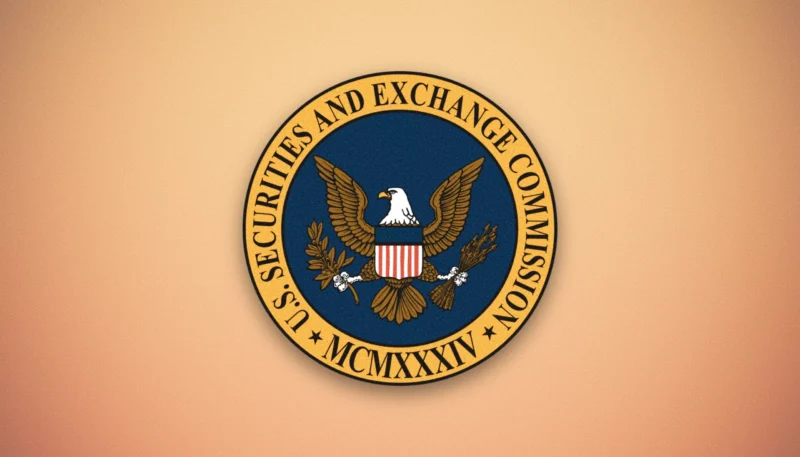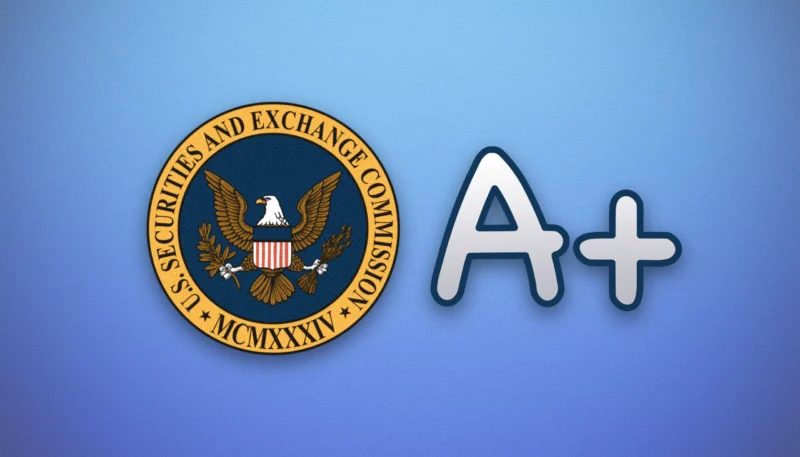Previously announced amendments to the Securities and Exchange Commission’s exempt offering rules went into effect on March 15, 2021. As per the SEC, the rule changes are intended to “harmonize, simplify, and improve the multilayer and overly complex exempt offering framework,” as well as “promote capital formation and expand investment opportunities while preserving or improving important investor protections.” The amendments include extensive changes to existing offering exemptions from the registration requirements of the Securities Act of 1933 (the “Securities Act”) that should make it easier for private companies to raise capital. In addition, rule changes also make a significant change overall to the private offering framework which will be helpful to these companies: overhauling the integration rules and safe harbors.
What is Integration?
When determining whether two or more discrete securities offerings should be “integrated,” or considered part of a single offering, the Securities and Exchange Commission (SEC) applies the integration doctrine. This matters because each registration exemption under the Securities Act has different conditions and limitations. It is possible that if 2 separate offerings that would each otherwise qualify for a Securities Act exemption are “integrated” or treated as a single offering, then the combined offering would not qualify for an exemption.
The Previous Standard
Before the adoption of these recent amendments, the various exemptions were subject to a patchwork of different rules regarding integration, but most of the time, the standard applied was a five factor balancing test set out in Rule 502 of the Securities Act that took into consideration: (1) whether the offerings are part of a single plan of financing; (2) whether the offerings involve issuance of the same class of security; (3) whether the offerings are made at or about the same time; (4) whether the same type of consideration is to be received; and (5) whether the offerings are for the same general purpose. Since applying a balancing test is often highly subject and subject to considerable uncertainty, most practitioners previously just applied the safe harbor, also contained in Rule 502, that provided that offers and sales that are made more than six months before the start of a Regulation D offering or are made more than six months after completion of a Regulation D offering will not be considered part of that Regulation D offering. This meant, in practicality, that a company would need to halt fundraising for 6 months in order to switch to a different exemption.
The new standard,which applies for all exempt offerings is contained in Rule 152. Rule 152(a) establishes a new set of general integration principles, which are supplemented by four new non-exclusive safe harbors in Rule 152(b). When multiple offerings are subject to the conditions of a safe harbor, the offerings will not be integrated. When a safe harbor does not clearly apply to a group of offerings, the offerings are evaluated using general integration principles to determine if they should be integrated.
The New Standard
Four Non-Exclusive Safe Harbors
The four safe harbors established by Rule 152(b) are:
- Any offering made more than 30 calendar days before the commencement of any other offering, or more than 30 calendar days after the termination or completion of any other offering, will not be integrated with such other offering, provided that, in the case where an exempt offering that prohibits general solicitation (such as a Rule 506(b) offering) that
- follows by 30 or more calendar days an offering that allows general solicitation (such as a Rule 506(c) offering), the issuer has a reasonable belief that, for each purchaser in the exempt offering prohibiting general solicitation, the issuer either:
- did not solicit such purchaser through a general solicitation, or
- had previously established a substantive relationship with such purchaser prior to the exempt offering prohibiting general solicitation.
- follows by 30 or more calendar days an offering that allows general solicitation (such as a Rule 506(c) offering), the issuer has a reasonable belief that, for each purchaser in the exempt offering prohibiting general solicitation, the issuer either:
- Offers and sales made in compliance with Rule 701 under the Securities Act (i.e., pursuant to an employee benefit plan) or in compliance with Regulation S under the Securities Act (i.e., for offshore offerings) would not be integrated with other offerings.
- An offering for which a registration statement has been filed would not be integrated if it is made subsequent to:
- an offering for which general solicitation is not permitted;
- an offering for which general solicitation is permitted that was made only to “qualified institutional buyers” and “institutional accredited investors”; or
- an offering for which general solicitation is permitted that was terminated or completed more than 30 calendar days prior to the commencement of the registered offering.
- Offers and sales made in reliance on an exemption for which general solicitation is permitted would not be integrated if made after any terminated or completed offering.
The most important of these to a private company would be the first safe harbor, which essentially reduces the previous 6-month quiet period to a mere 30 days.
New General Integration Standard
If none of the four safe harbors apply to a group of offerings, then integration would be analyzed under the new general principles in Rule 152(a). The general principles provide that two or more offerings will not be integrated if the issuer can establish, based on the particular facts and circumstances surrounding the offerings, that each offering either complies with the registration requirements of the Securities Act, or qualifies for an available exemption from registration.
However, in analyzing whether to integrate an exempt offering for which general solicitation is prohibited, the issuer must reasonably believe that for each purchaser in the exempt offering for which general solicitation is prohibited, the issuer either: (i) did not solicit such purchaser through a general solicitation (i.e., through the exempt offering that permits general solicitation or through the registered public offering), or (ii) had a substantive relationship with such purchaser prior to the commencement of the exempt offering that prohibits general solicitation.
For two or more exempt offerings for which general solicitation is permitted, the only condition needing to be met to ensure that they will not be integrated is that if the general solicitation materials for one of the offering includes information about the material terms of a concurrent offering under the other exemption, then the offering materials must comply with all the requirements for, and restrictions on such other offering, including any legend requirements and communications restrictions.
This new integration standard is significantly more permissive in that it starts from the assumption that if 2 separate offerings are made in compliance with their own conditions, even if concurrently, then there is no integration. This contrasts with the old standard, which assumed integration for multiple offerings that occur around the same time. Integration only becomes a factor when you have one offering causing the other to not comply with its exemption (for example, obtaining an investor through a Rule 506(c) offering using general solicitation and then having them invest in a Rule 506(b) offering without ever establishing a substantive pre-existing relationship.)
Conclusion
The recent changes made to the integration standard under the Securities Act are significant and will make it easier to make use of various private offering exemptions, including simultaneously. Practitioners that advise clients in this space should take the time to familiarize themselves with the new regulations, as they will bring new opportunities for raising early-stage capital.
This article is for general information only. The information presented should not be construed to be formal legal advice nor the formation of a lawyer/client relationship.





